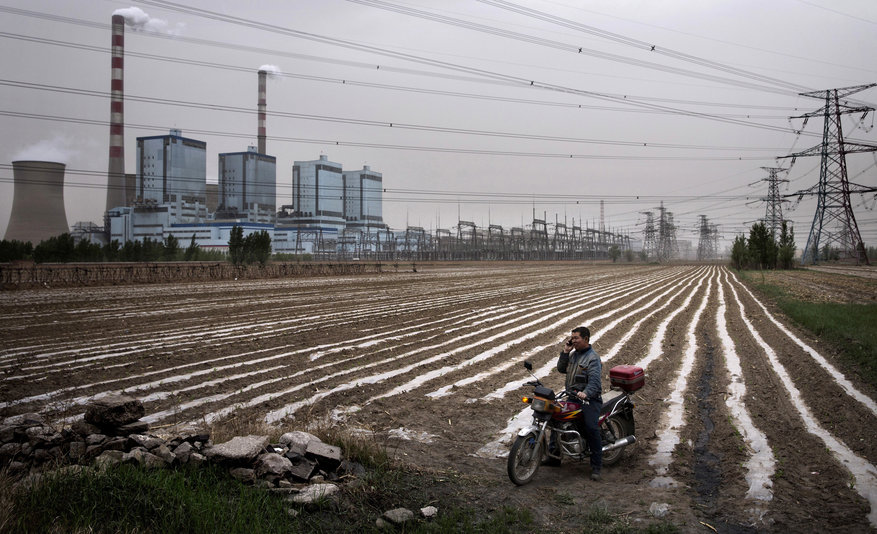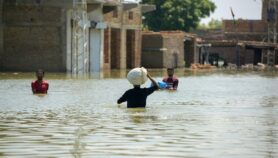By: Lou Del Bello
Send to a friend
The details you provide on this page will not be used to send unsolicited email, and will not be sold to a 3rd party. See privacy policy.
Earlier this year, a report warned that a water crisis is the biggest global threat over the next ten years. And along with the threat of food and drinking water shortages is a risk of energy sector collapse.
Currently, more than 780 million people worldwide lack safe drinking water and over 1.3 billion people are without electricity. By 2035, global energy consumption is estimated to rise by 35 per cent, while water consumption for energy production will increase by 85 per cent. As a result, water stress in the energy sector, which is already serious, is set to worsen.
Now a World Bank project aims to inform countries about the risks of ignoring the need for water when designing their energy infrastructure. “Climate change is already sending a very clear signal that under the current business-as-usual scenario, we won’t have enough water to satisfy the need of all the different sectors,” Diego Rodriguez, a senior economist at the World Bank tells SciDev.Net.. “We engage with countries in which this problem may get serious, understanding their limitations when it comes to governance, political support and financial constraints.”














